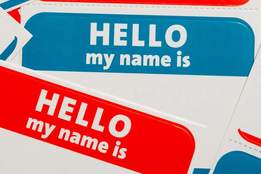plural journeys
1
: something suggesting travel or passage from one place to another
the journey from youth to maturity
a journey through time
2
: an act or instance of traveling from one place to another : trip
a three-day journey
going on a long journey
3
chiefly dialectal
: a day's travel
Love words? Need even more definitions?
Merriam-Webster unabridged











Share